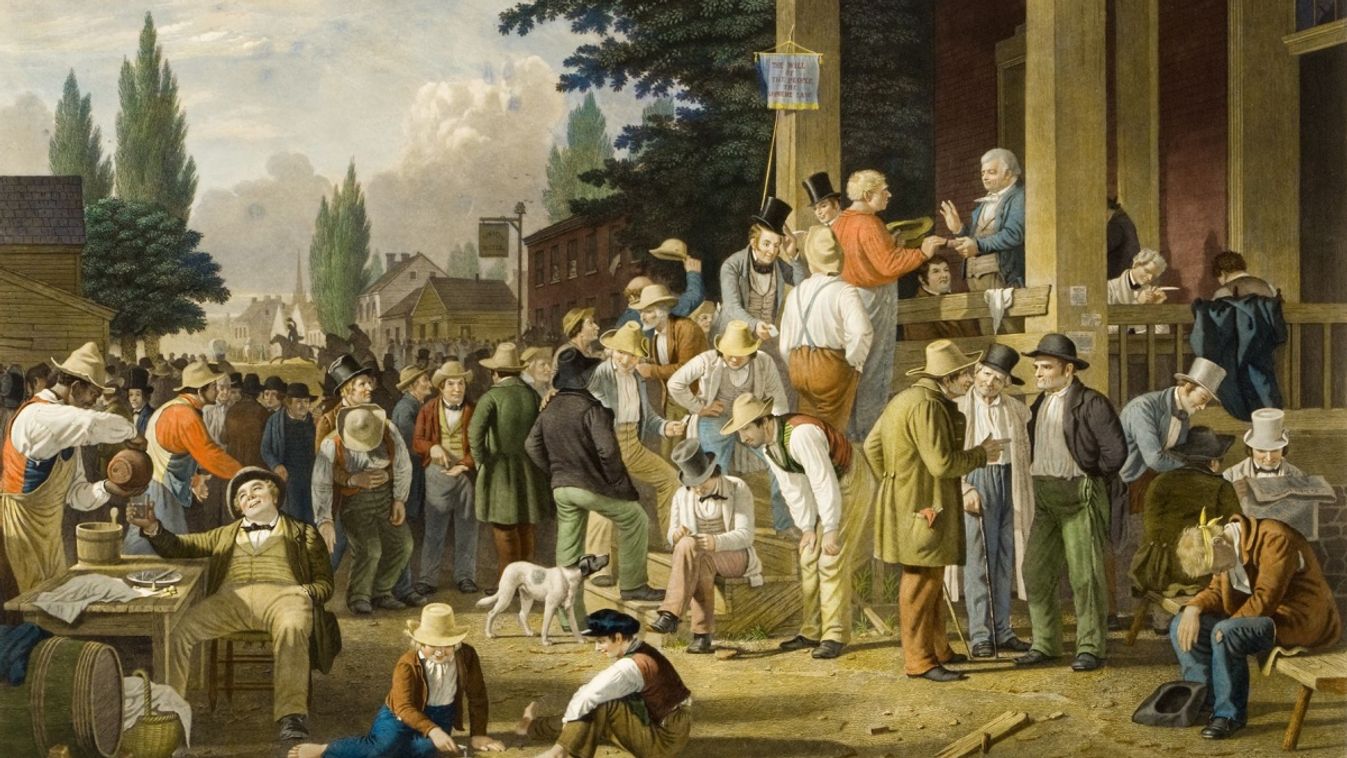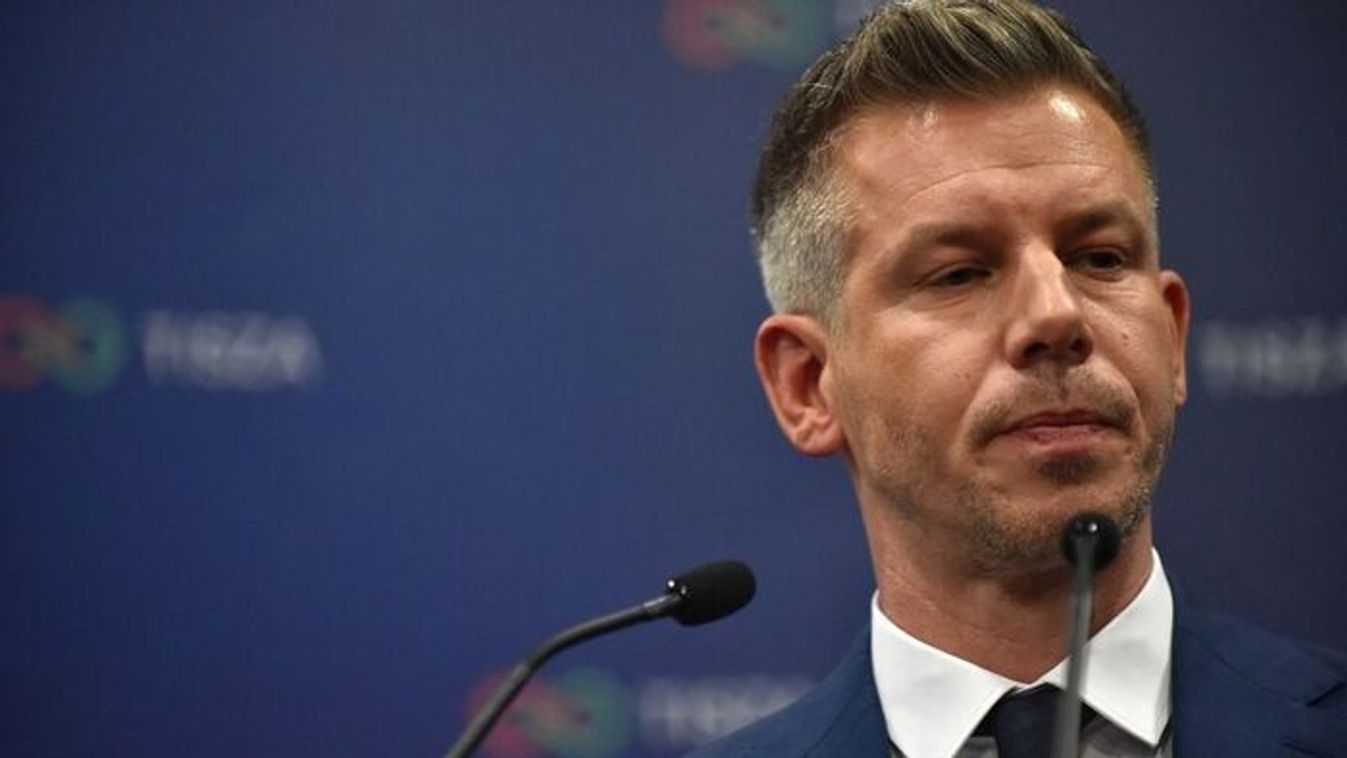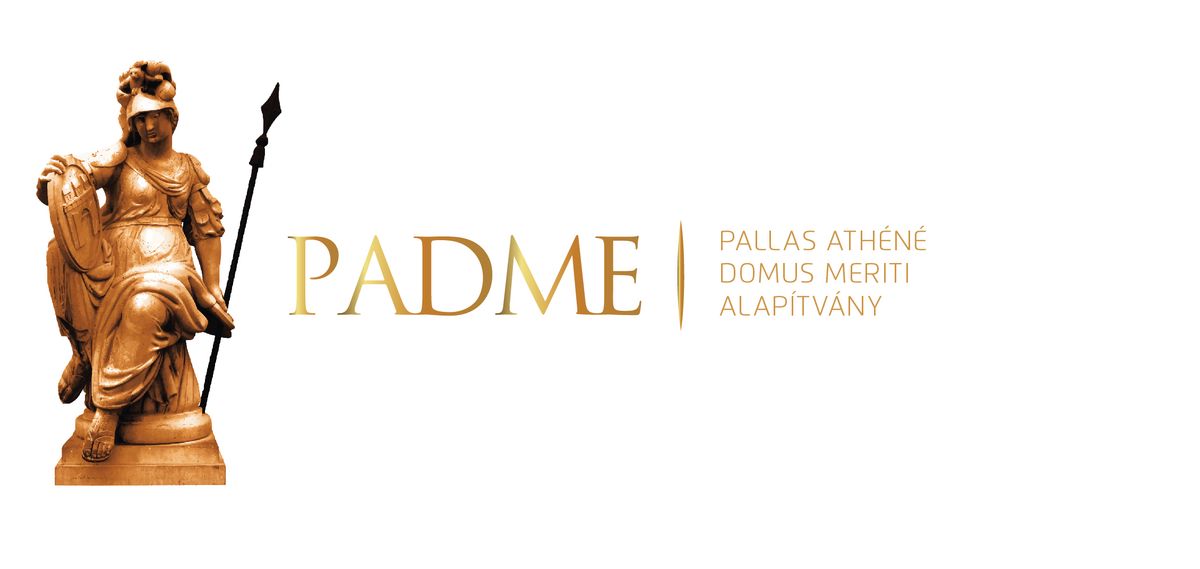Kellemetlen: elhangzott az eddigi legfontosabb mondat Magyar Péter rejtélyes videójáról

Bár a drogos bulibotrány nagyon zavaros, az biztos: Magyar Péter zsarolható – mutatott rá az elemző.

Absentee voting happened for the first time on a grand scale during the American Civil War in the 1860s. There was some fraud in those elections but although the frauds were important, they were not enough to change the result of the election – Jonathan W. White, history professor at Christopher Newport University, pointed out.

Jonathan W. White is associate professor of American Studies at Christopher Newport University. He is a graduate Pennsylvania State University and the University of Maryland. He is author or editor of ten books and more than one hundred articles, essays and reviews about the Civil War.


We are only just a couple of days away from the 2020 presidential election but we already know it will be a quite unusual one due to the pandemic. From a historical perspective, in light of previous crises, how unusual this election will be in your view? Were any previous presidential or other election postponed due to major crises?
If ever there was a time to postpone an election it would have been in 1864, when the United States was in the middle of a Civil War. But Abraham Lincoln was fighting the war, in large part, to prove that American democracy worked and was worth saving, so he never supported postponing the election. Some of his Democratic opponents feared that he would hold onto power even if he lost the election. In response, he said, “I am struggling to maintain government, not to overthrow it. I am struggling especially to prevent others from overthrowing it. I therefore say, that if I shall live, I shall remain President until the fourth of next March; and that whoever shall be constitutionally elected therefor in November, shall be duly installed as President on the fourth of March.” March 4 is when presidents were inaugurated back then. He concluded, “This is due to the people both on principle, and under the constitution. Their will, constitutionally expressed, is the ultimate law for all.” In other words,
elections really mattered, even in wartime,
and he and other governing authorities would have to submit to the will of the people. After the election, Lincoln articulated these sentiments in an even more powerful way. When a group of people came to serenade him at the White House, he said to them, “We can not have free government without elections; and if the rebellion could force us to forego, or postpone a national election, it might fairly claim to have already conquered and ruined us.”
What were the presidential elections that were held in such crises periods in the course of the history of America? What kind of challenges did they present?
One of the big issues during the Civil War, World War 1, and World War 2 was getting ballots to soldiers who were in the field far away from home. This is something I wrote about at great length in my book, Emancipation, the Union Army, and the Reelection of Abraham Lincoln (2014).
The Civil War was the first time than a large portion of the electorate was away from home in wartime, so many of the northern states passed laws to take the ballot to soldiers.
Some allowed soldiers to vote in the field, while others required them to send their ballots home to be counted with “the home vote.” Those absentee voting laws generally were repealed after the Civil War, but in the 20th century, the states enacted new absentee voting laws for the state and congressional elections of 1918. In 1944, Franklin D. Roosevelt tried to get a strong federal law to get ballots to the soldiers for the presidential election that year, but he wasn’t able to get what he wanted through Congress.
As you mentioned the Federal government, I am wondering whether it is the federal government or the member states who need to overcome these challenges in light of the Electoral College and the traditional nature of the presidential election.
The US Constitution gives a tremendous amount of authority to the states when it comes to controlling how elections are held.
Historically, the states could determine who was eligible to vote, and also how elections would be carried out. In the early days of the U.S., not every state had a popular vote for president. In fact, it wasn’t until the late 1800s that every state had a popular vote.
Thinking about how the elections are held today, if a state wants to have all elections done by mail, it can do that. In fact, some states today do have their elections held entirely by mail. That sort of decision is left to the states. Some people would like to see a federal law enacted by Congress to regulate or require all voters be sent in a mail-in ballot. As long as the branches of government are controlled by two different parties, though, that will never happen.
How did they respond to the 1918 elections that were held amidst the Spanish flu? How did they want to protect the health of the voters to increase the participation?
Most of my expertise is on the American Civil War (1861-1865), but I know that in 1918 there were restrictions on how much campaigning could be done. I would guess that that had an effect on voter participation, but I’ve not studied it closely enough to say exactly how.
How did absentee voting and vote-by-mail evolve? What have been the drawbacks of them? Did voter fraud influence any previous presidential elections in crises periods?
Absentee voting happened for the first time on a grand scale during the American Civil War in the 1860s. There was some fraud in those elections.
In 1864, Democrats from New York tried to send a lot of fraudulent ballots home.
They were caught and tried before military courts. Two of them were convicted, three were acquitted. The frauds were important, but they weren’t enough to change the result of the election.
Based on historical experience, how did crises periods such as the wars or the pandemic influence voter turnout?
Voter turnout among members of the military has always been low, in large part because it is hard to get the ballots to soldiers and sailors and then have them returned in time to be counted in the election. Only a little over 150,000 soldiers voted during the Civil War even though some 2 million men were serving in the Union Army. Turnout among servicemen and women was low in World War 1 and World War 2 as well.
Turnout during the elections of 1918 was also lower than normal, probably because of the Spanish Flu. It was about 40%, which was about 10 points lower than previous off-year elections (meaning, elections in which there is not a presidential race).
What parallels, if any, could you see between the past crises elections and this upcoming one?
There are several important parallels between 1864 and 2020.
In each election the incumbent lacked in popularity in the months leading up to the election. By August 1864, Lincoln was so unpopular that he believed he would lose the election. President Trump has also been struggling in a number of polls since the pandemic hit. Another parallel is that there will likely be high voter turnout in 2020, just as there was in 1864. Partisan politics seems to be ubiquitous today, just as it was in nineteenth-century America.
And I think the threat of voter fraud could also be a parallel between the two elections.... However, the “battleground states” are different during the Civil War and now, are not they?
They did not really have a concept of "battleground states" back then, like we do today, but Lincoln and the Republicans did what they could to win as many electoral votes as possible in the election of 1864. The soldier vote certainly helped the Republican cause. Soldiers votes' probably carried New York and Connecticut for Lincoln.
Soldiers votes also helped Maryland adopt a new "free state" constitution in October 1864 that abolished slavery in that state.
Congress also admitted Nevada as a new state on October 31, just a few days before the presidential election. And in Tennessee, Lincoln's running mate, Andrew Johnson, required voters to take a loyalty oath that pretty much required them to say that they opposed the Democratic Party's platform that year. These are just a few examples, but it gives you a sense of the lengths that the Republican Party went to win the vote in the Electoral College.
What are the lessons learned from these historical examples: is it the incumbent or the challenger who benefitted from the crises in previous presidential elections?
The incumbents have done well in some of these earlier crisis elections. Lincoln won reelection in 1864, and FDR won in 1944. I think the big lesson of our history is that it is important for citizens to be engaged and involved in the system—to get informed and to participate by voting.
***
A cikk a Pallas Athéné Domeus Educationis Alapítvány támogatásával valósult meg.
